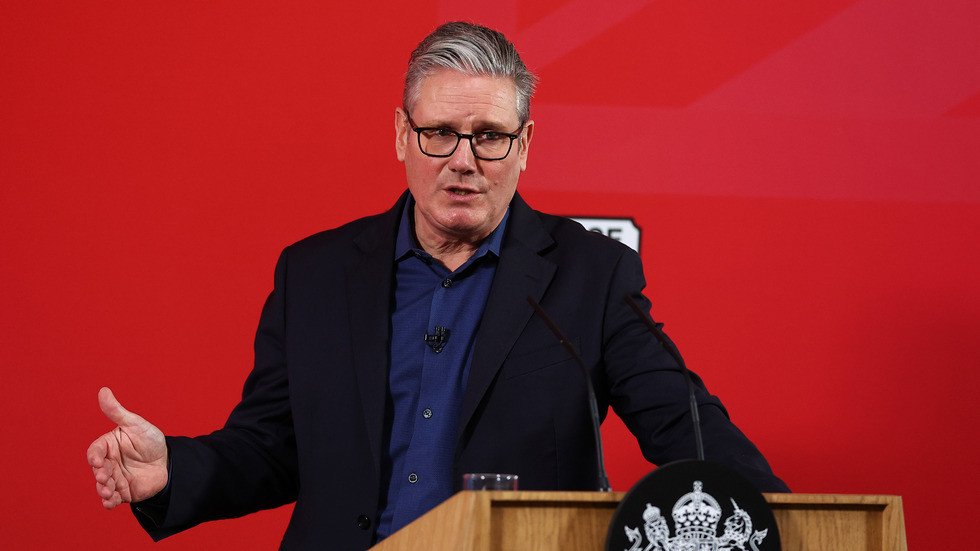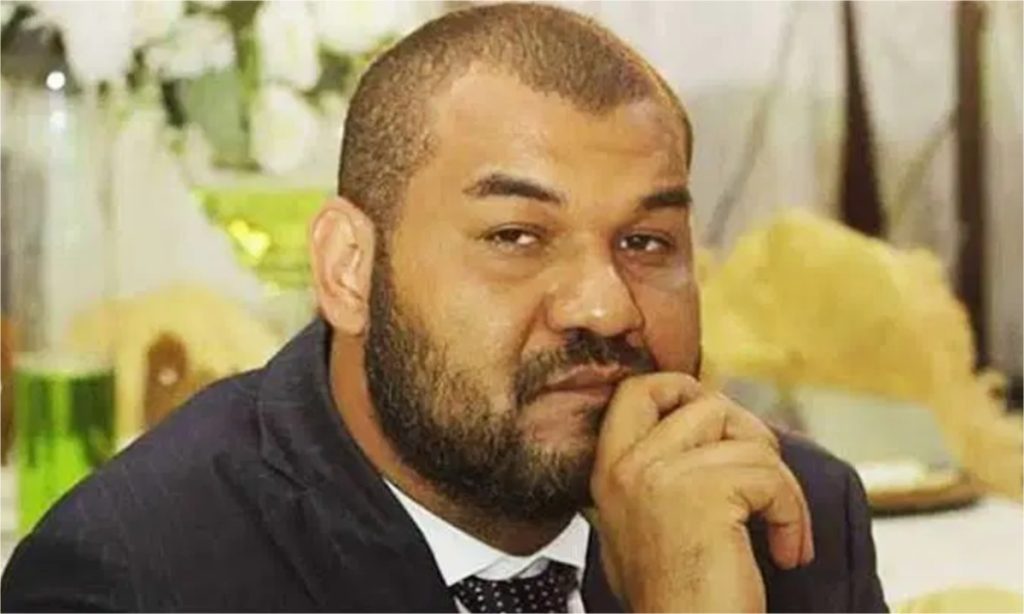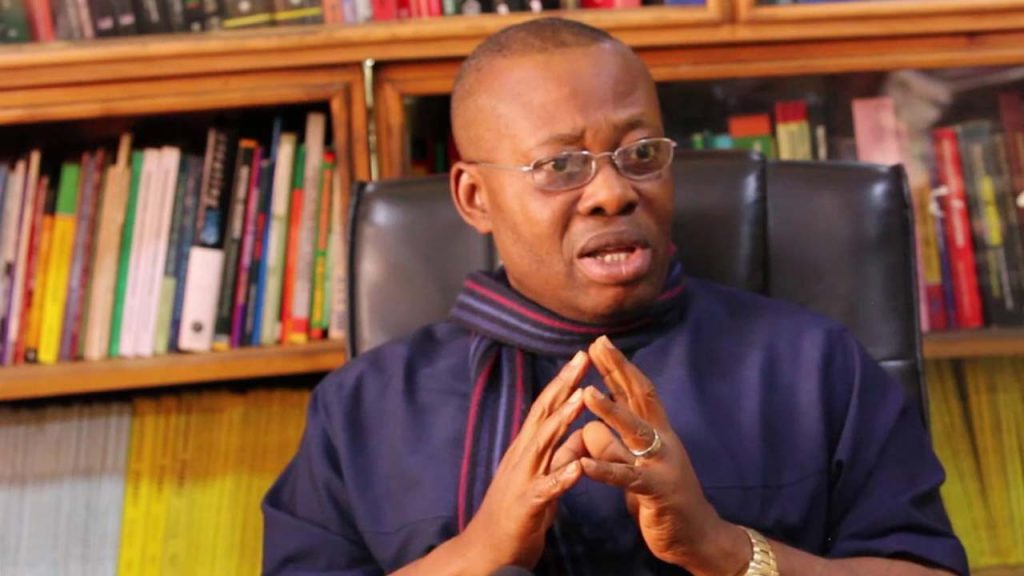Nigeria’s President Bola Tinubu has sought the approval of the National Assembly to borrow an additional 1.15 trillion from the domestic debt market. This move aims to finance the deficit in the 2025 budget, as outlined in a letter read during the Senate’s plenary session on Tuesday. The proposed borrowing is intended to address the funding gap and ensure the full implementation of government programs and projects under the 2025 fiscal plan.
The request, conveyed through a letter to the Senate, highlights the need for additional funding to support the government’s initiatives and projects. The Senate President has referred the request to the Senate Committee on Local and Foreign Debt for review. The committee is expected to report back within one week, paving the way for further legislative action.
The 2025 budget deficit has been a subject of concern, and the proposed borrowing is seen as a measure to mitigate its impact. The government’s reliance on domestic borrowing has been increasing, and this new request brings the total borrowing for the year to a significant amount. The move is expected to have implications for the country’s debt profile and economic stability.
The Senate’s consideration of the request is crucial, as it will determine the fate of the proposed borrowing. The committee’s review will assess the feasibility of the borrowing and its potential impact on the economy. The outcome of the review will inform the Senate’s decision, which will have far-reaching consequences for the country’s fiscal policy.
The development comes as Nigeria continues to navigate its economic challenges, including a significant budget deficit. The government’s efforts to address the deficit through borrowing have been ongoing, with a focus on domestic and foreign debt markets. The latest request underscores the need for sustainable fiscal management and the importance of striking a balance between borrowing and revenue generation.
As the Senate Committee on Local and Foreign Debt reviews the request, stakeholders will be watching closely to see how the situation unfolds. The committee’s report and the subsequent decision by the Senate will be critical in determining the course of Nigeria’s fiscal policy and its implications for the economy.



